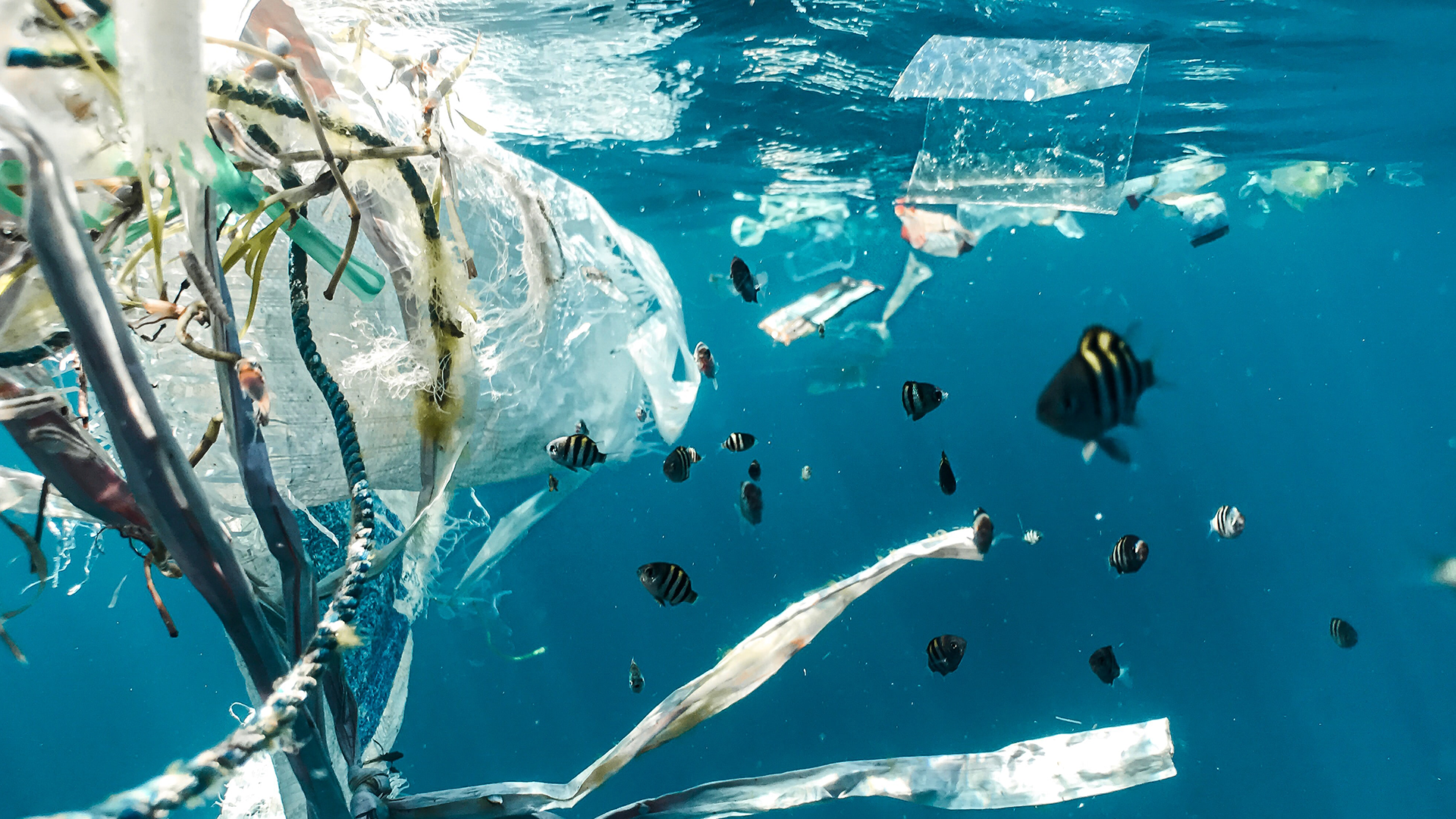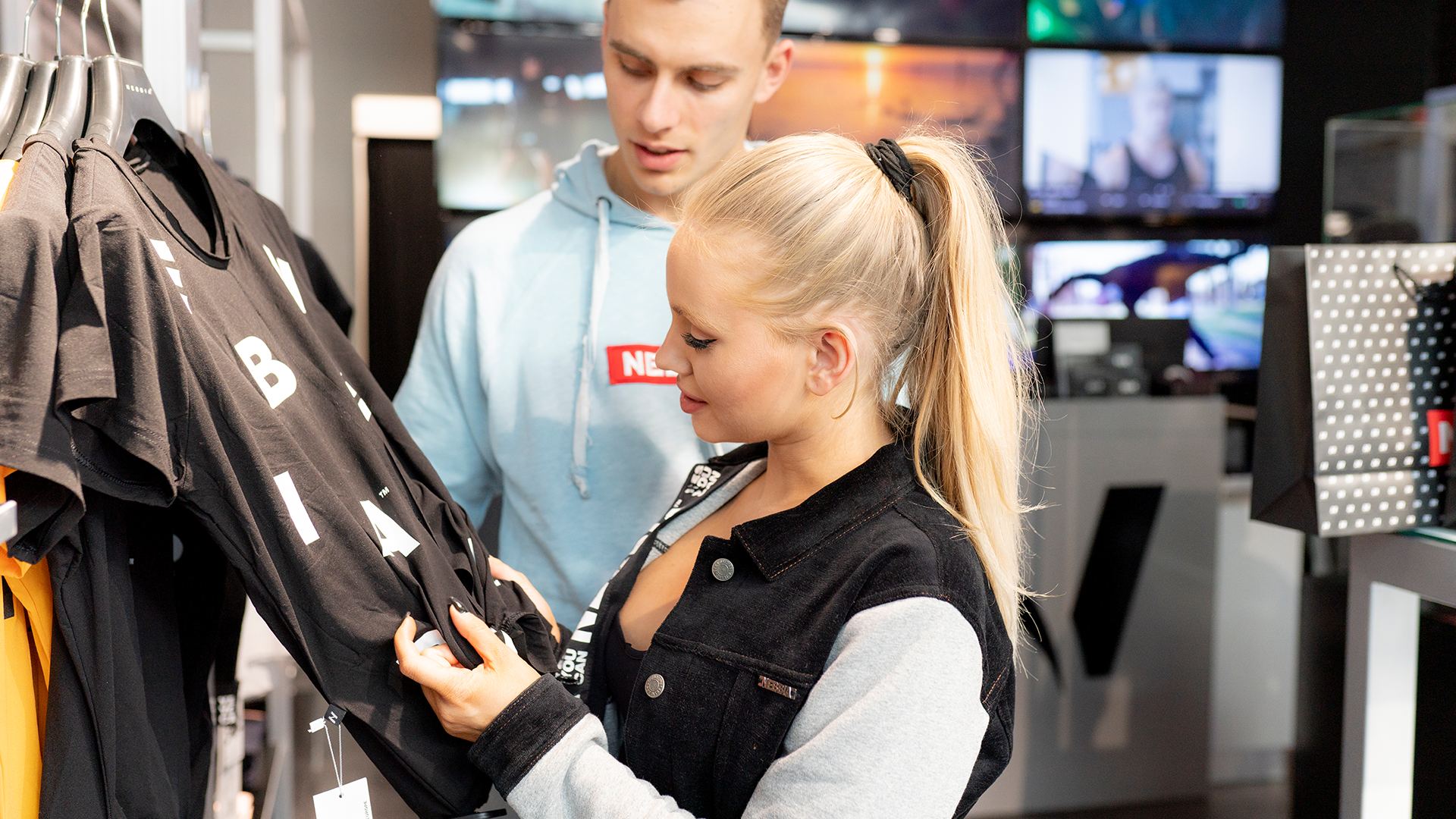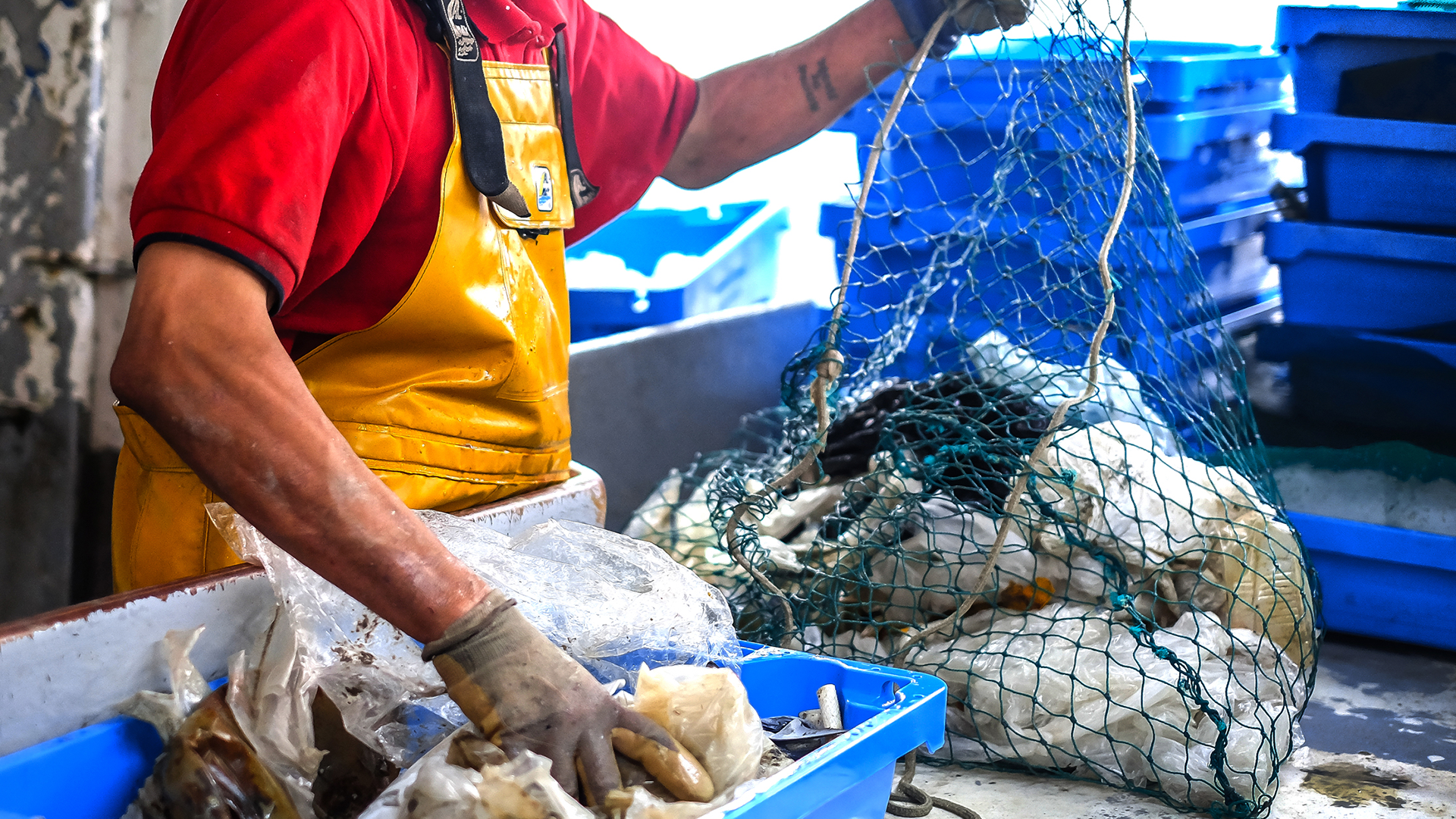After more than a year we have an update on how to be more sustainable by shopping responsibly and taking good care of your clothing and washing it correctly. The original article came out on the 8th of June 2021.
Today we already know that it is not enough to sort garbage and limit the purchase of plastic bags to reduce waste. At NEBBIA, we are all on the same eco wave so we wanted to share some useful tips for sustainable shopping. As a leader in the fitness clothing industry, we help you to stay responsible for your physical health. We also want to help you be more responsible to our planet. Read 5 tips on how to dress in a sustainable way. And we also have a bonus that can solve your problem with clothes you don’t need.
1. Limitation of microplastic leakage during washing
Microplastics are small plastic particles up to 5 mm in diameter. Most of them end up in the seas, fresh waters or soil. That is why they are becoming part of the food chain.
How to prevent it?
When you wash, small fibers of polyester or other artificial materials are released from your laundry. Current water treatment plants cannot capture them. Luckily, there are various washing nets and balls catching microfibers directly during washing. Use them in every wash and you will prevent the growth of microplastics in our waters.
- Are you looking for the perfect T-shirt for summer training? Choose a men’s fitness T-shirt made of cotton and linen.

2. Use ecological detergents
Conventional washing gels, powders and fabric softeners contain large amounts of petroleum products, surfactants, phosphates and other chemicals that pollute water and soil. Last but not least, they can cause allergic reactions and eczema.
How to prevent it?
Find the nearest drugstore store and re-fill your old plastic containers. In these stores, you will usually find ecological detergents that are harmless, gentle and are completely degradable in nature. In addition, they are also suitable for sensitive baby skin.
- With the right care, you will prolong the life of your clothes: Read our guide to sportswear materials.
3. Shop responsibly, prioritize durability
On average, 60% of customers discard their newly purchased clothing during the first year. In other words, every second in the world, a truck full of textiles is dumped in the landfills. The problem with low quality clothing started with fast fashion. We shop new pieces for only specific occasions or without thinking. We don’t really need them, we just like them in the moment.
How to prevent it?
It’s nice to shop through sales and reduce your expenses. However, aim for choosing durable and timeless clothes that will always be in fashion and will last you for several years. Buy clothes based on your real needs and focus on high quality.
- Feel free to treat yourself. Reward yourself with durable fitness clothing that motivates and supports you in performance.

4. Give a change to second-hand clothes
We have already described the issue of a large number of discarded textiles above. In addition to conscious shopping, you can help nature by giving a chance to the things you wear. You can donate clothes you don’t want. You don’t have to throw away clothes for a small hole or a broken zipper, it won’t be a problem to fix it at a tailor.
5. Be aware of the origin and composition of clothing
You should care who made your clothes and where. Employees in large textile factories often work in unfair conditions for low wages. Another problem is the materials and their origin. Their production can use dangerous chemicals that escape into nature and endanger human lives.
- Support the SEAQUAL initiative: Buy Ocean Selected leggings and remove 200g of plastic waste from nature.
How to prevent it?
Ask. Follow the eco activities of your brand. Shop from local manufacturers. Only then you can be certain of the values of the company.

BONUS: SWAP!
We are sure that you have clothing items in your closet that you haven’t worn for a year, and you have no idea what to do with them. Swap them! It’s a trend of exchanging clothing with someone else for something they don’t need. Plus, it doesn’t have to be clothing.
You can also swap furniture for books, books for décor etc. The goal is always the same lower waste production by exchanging things amongst ourselves.
How to participate?
Check your social media and see if there aren’t any swaps around you or find a group on Facebook that serves as a platform for swaps.
- Tip: You can now return any of your NEBBIA clothing in all our stores. If you some NEBBIA pieces around the house that don’t help you on your fitness journey anymore, bring them to us and we’ll reward you with a 5-euro voucher!
We are transparent
At NEBBIA, we produce textiles that have met the human-ecological requirements of the OEKO-TEX certificate. In addition, we are constantly expanding our range of fitness clothing from the ecological SEAQUAL material, which is made of recycled ocean plastics. The designs of NEBBIA pieces are created in Slovakia. The production takes place under the strict conditions of the European Union in Bulgaria. Likewise, all our materials come from the EU, namely Spain, Italy and Portugal.






































